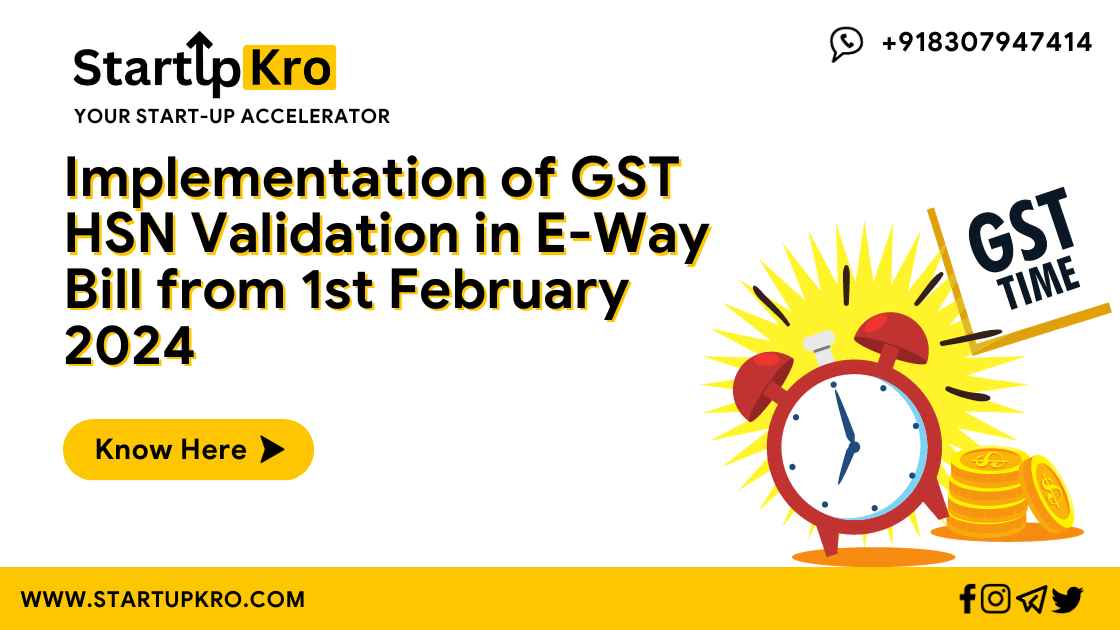

Subscribe To Our Weekly Newsletter
In the era of E-commerce, where everyone is selling Online. It becomes crucial to make note of Legal Metrology to be used on E-commerce Websites. In the absence of the same, the companies can attract penalties. We have listed out many important regulations, though in case you want to get your website legally audited by the Legal-Tech Expert at Start-Up Kro, then please get in touch with us.
The Legal Metrology Act 2009 encompasses a set of regulations and guidelines aimed at ensuring consistency in the instruments used for weighing and measuring. Its purpose is to oversee and regulate pre-packaged commodities by guaranteeing the accurate net quantity contained within them.
E-Commerce
E-commerce refers to the buying and selling of digital products, goods, or services over electronic networks or digital platforms. E-commerce websites fall under the purview of the Legal Metrology (Packaged Commodities) Rules 2011, meaning that these websites must comply with the specified regulations. These rules apply to e-commerce marketplaces or companies that solely provide an online medium for facilitating transactions between consumers and sellers.
Legal Metrology Package Labeling Laws
The Legal Metrology Package Labeling Laws dictate that all pre-packaged goods must bear labels containing certain declarations, including the manufacturer’s/packer’s/importer’s name and address, the common or generic name of the commodity/commodities, the net quantity in the standard unit, the retail sale price, and the dimensions of the relevant commodities. However, these declarations are typically visible only when the packaging is physically accessible to the customer, which is not the e-commerce case.
To address this, the government has amended the legal metrology package labelling laws specifically for e-commerce entities, mandating their compliance with rules tailored to their operations. Failure to comply may result in inspections and investigations conducted by the relevant authority.
The Legal Metrology (Packaged Commodities) Amendment Rules, 2017
In 2017, the Ministry of Consumer Affairs, Food, and Public Distribution introduced the Legal Metrology (Packaged Commodities) Amendment Rules to bring e-commerce websites under the scope of legal Metrology package labelling laws, namely the Legal Metrology Act and the Legal Metrology (Packaged Commodities) Rules. This amendment introduced a new sub-rule 4(10) under Rule 6, requiring all e-commerce entities to provide the necessary declarations about the commodity on their online portals. Additionally, commodities with a limited shelf life must display “best before” or “use by” information on the packaging.
According to Rule 6 sub-rule 4A, the manufacturer, packer, or importer should have the following declarations, apart from mandatory declarations.
The declarations on the Packing
- Barcode/GTIN/QR Code
- E-code for net quantity assurance
- Logos of the government scheme, where such use is authorised by the Government
The amendment has made further changes such as:
- Dual MRP
- Double the display size of quantity, MRP of small packets
- The size of MRP would be increased by 1.5 times on the bigger packets.
- The width of numbers and letters would not be less than 1/3 of the height of the packet, excluding number 1 or letters (i), (I), (l).
Through the amendment, the responsibility for the accuracy of declarations.
Even in the case of e-commerce, has shifted to the manufacturer/packer/importer, provided certain conditions are met.
- The digital entity’s role is limited to providing access to a communication system over which all the information provided by the manufacturer/packer/importer is temporarily stored.
- The digital entity does not engage in initiating the transmission, selecting the receiver of transmission or modifying the information of transmission.
- The digital entity has to adhere to the guidelines issued by Central Government related to Information Technology.
Some of the other important mandates from the said amendment of Legal Metrology Package labelling laws are:
- No one should declare different MRS on similar pre-packaged commodity
- Name of the country of origin/manufacture or assemble, in case of imported commodity
- Name of the company along with qualifying words ‘manufactured by’/’packed by.’
- The provisions of the Drugs & Cosmetics Act should be on the label of cosmetic products
- MRP should be there, clearly indicating all taxes
.
Non-Compliance with Legal Metrology Package Labeling Laws By E-Commerce
Non-compliance with any of the mandates outlined in the legal metrology package labelling laws by digital entities will result in penalties.
However, certain commodities are exempted from complying with such mandates:
- If the packaged commodity is 25kg or 25 litres.
- Packaged commodities for the institutional or industrial customer
- Fertilizers, cement or agricultural farm product of more than 50 kg.
On January 24, 2021, the Confederation of All India Traders (CAIT) sent a letter to the Commerce and Consumer Affairs Minister, alleging non-compliance with legal metrology package labelling laws by e-commerce entities in India. The letter raised concerns about the lack of action taken by the appropriate department against such entities, focusing on the transparency between customers and manufacturers.
Conclusion
The government has taken measures to extend legal metrology package labelling laws to cover e-commerce, as it serves as an intermediary between customers and manufacturers of packaged commodities. An amendment has been introduced to enhance customer benefits about digital entities. There are specific mandatory declarations that must be followed by entities involved in the sale of packaged commodities. However, some digital entities are not adhering to these mandates, leading to the issuance of a letter by the CAIT to the relevant department’s minister.
Share:

Book an Appointment
Schedule an Appointment with our Expert here.
Social Media
Most Popular


How to Respond to Trademark Objection


